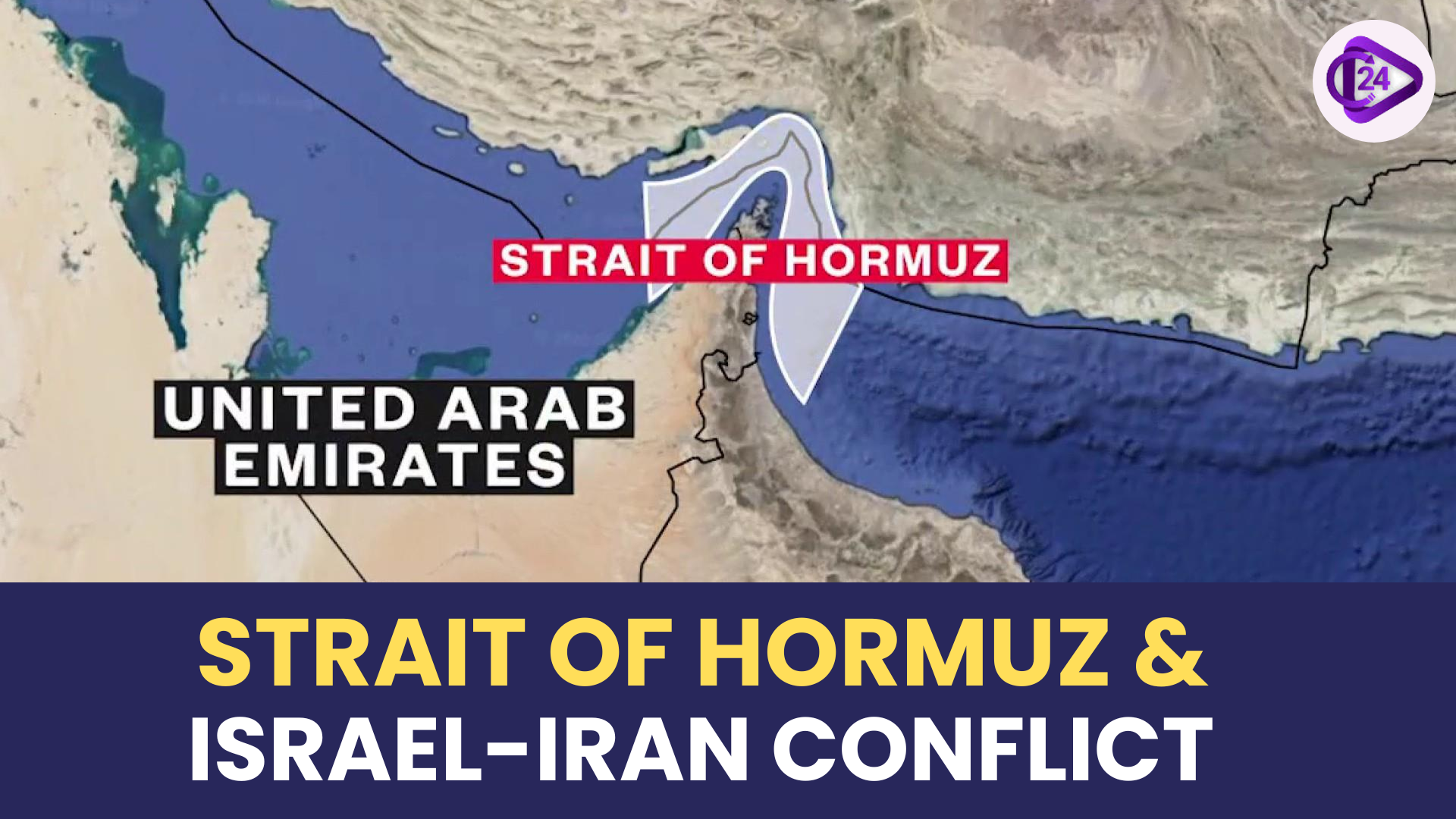
The Strait of Hormuz is a vital sea pathway of global oil and gas transportation; recent tensions in geopolitics, particularly the Israel crisis, have jeopardized the passage of energy sources. This could escalate the price of crude oil to even points higher than 120 dollars per barrel which will affect the Indian economy negatively. The issue which may be the problem in the world oil market is the closing of this conduit and it is hence mandatory that India should be able to continue its energy import opportunities in stable as well as secure channels.
Context:
The Strait of Hormuz is a major passage in moving of oil and gas, and this has major implications in the global oil and gas market. As India will be dependent on importation of energy, any interference or turmoil in this vital region can be disastrous to the energy security and economy of India.
Key Points:
Strait of Hormuz is Crucial:
-
Geopolitical Significance: The Strait is an important choke point of the international oil and gas-flow, and especially to the Indian, due to the fact that the Strait contributes a major part of the Indian imports in its energy needs.
-
On Oil Prices:When the Strait is closed there will be a sudden hike in the world oil prices which might exceed $120 per barrel and that in turn would directly have a violent impact on the oil importation rates of India
New Pressures and Threat to Oil Transport:
-
Continuing Israel Conflict: The conflict in Israel and its nearness with the Strait is raising worries that there might be hindrance in the transportation of oil and gas.
-
Rerouting of shipping route: The shipping companies are reconsidering their routes in order to avoid the Strait, and that may add to their transportation treasures and also influence the global supply chain.
Possible Economic Effect on India:
-
Energy Dependency: India is high on energy importation and any blockage in the Strait of Hormuz would result in a rise in energy prices that would affect the economy in a negative manner.
-
Fluctuations in the price of oil would have inflationary pressures, which would influence domestic prices on goods and services.
Efforts of the World to Maintain Stability:
-
Diplomacy: Countries, such as India, are monitoring the situation and have called upon diplomacy to be made before the situation escalates further given that energy infrastructure in the region has remained vulnerable.
-
The Influence of Iran: Iran already threatened to block the Strait, which shows the geopolitical advantage of the country in controlling the energy circulation. This risk is further increased by the civil clash that has been heating up in the Middle East.
About Strait of Hormuz
-
Location: A point interlinking the Persian Gulf and the Gulf of Oman and Arabian Sea.
-
Neighboring Countries: On the north: Iran and on the south: Oman and UAE.
Strategic Importance:
-
One of the world’s most crucial oil chokepoints.
-
It handles about 20 percent of the world's oil.
-
Width: The narrowest is approximately 33 km in width with a 2 mile shipping lane on the east and west side.
The Global Trade Impact:
-
Critical to the oil export of Saudi Arabia, Iran, UAE, Kuwait and Iraq.
-
Every suppression impacts on the internationally agreed price of oil.
Security Concerns:
-
Become a common subject of attention as a point of strained Iran-U.S. relations, military patrols, and block the passage threats.
International Law:
-
Within the UNCLOS (United Nations Convention on the Law of the Sea) – transit passage is possible.
Conclusion:
The Strait of Hormuz is a very important energy corridor of the world, in particular to Indian import of oil and gas. The increasing geopolitical tension especially in Israel further increases the risks of interference with the energy flows and it would result in skyrocketed oil prices. Other countries like India should be kept alert and strive to ensure that they have secured stable energy routes to avert any economic backlash that may occur.



 U.K. to Decriminalize Abortion Over Prosecution Concerns
U.K. to Decriminalize Abortion Over Prosecution Concerns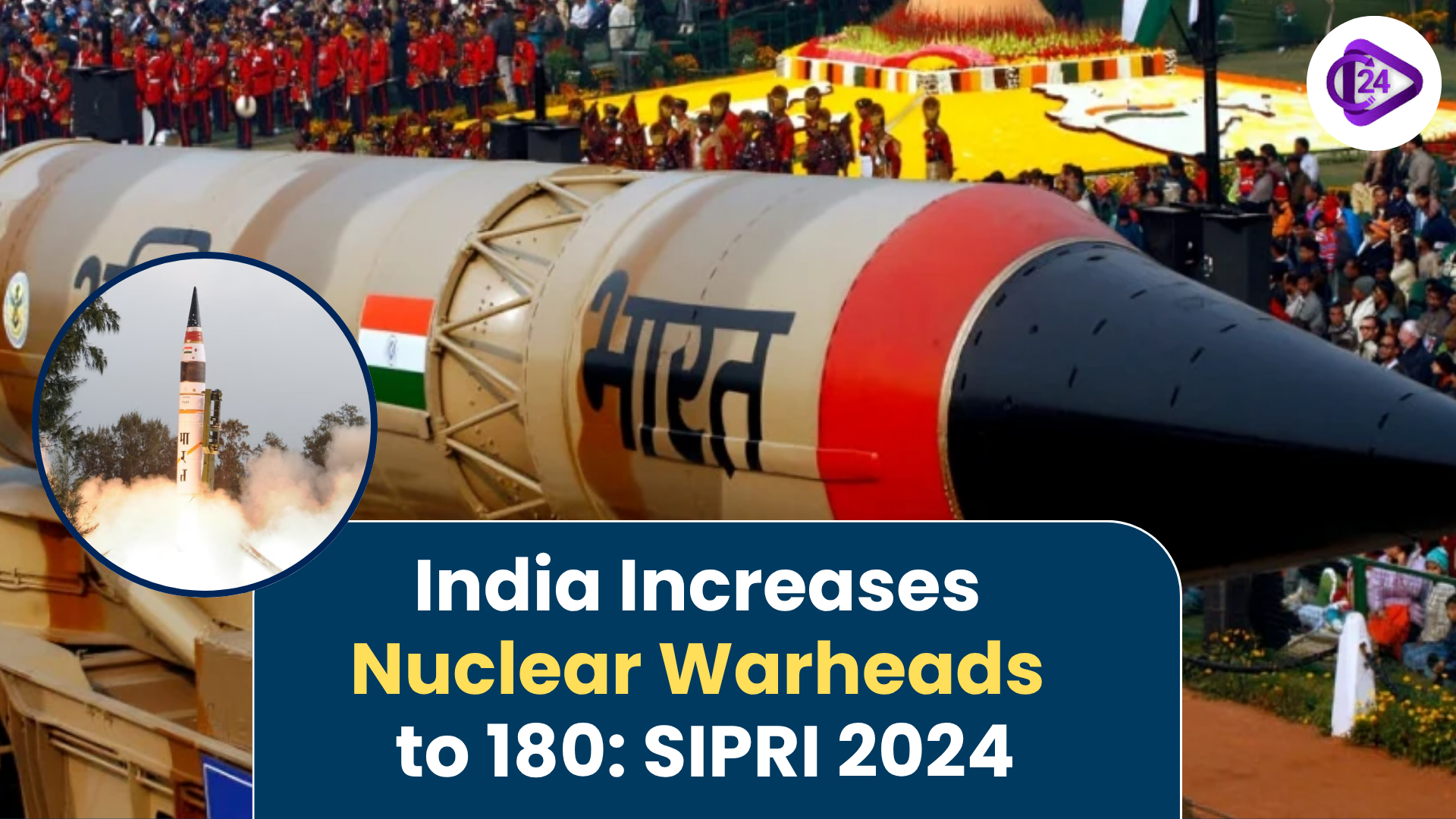 India had boosted the number of nuclear warheads to 180 in 2024: SIPRI Report
India had boosted the number of nuclear warheads to 180 in 2024: SIPRI Report India Supports 'Peaceful Resolution' of Cyprus Issue: PM Modi's visit to Cyprus
India Supports 'Peaceful Resolution' of Cyprus Issue: PM Modi's visit to Cyprus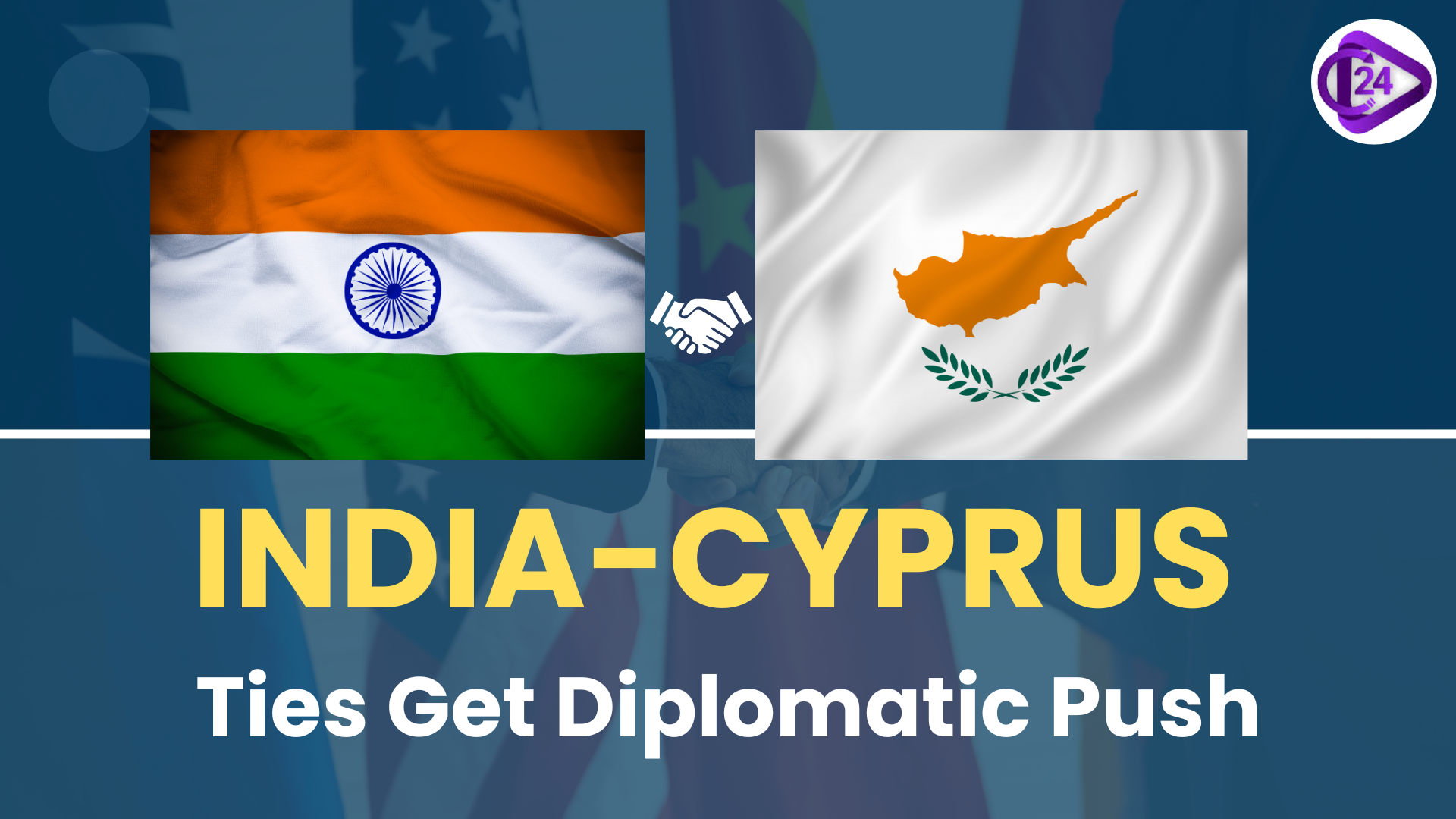 India Seeks to Strengthen Ties with Cyprus, Says PM Modi
India Seeks to Strengthen Ties with Cyprus, Says PM Modi CBI Uses INTERPOL Silver Notice in Visa Fraud Case First Time
CBI Uses INTERPOL Silver Notice in Visa Fraud Case First Time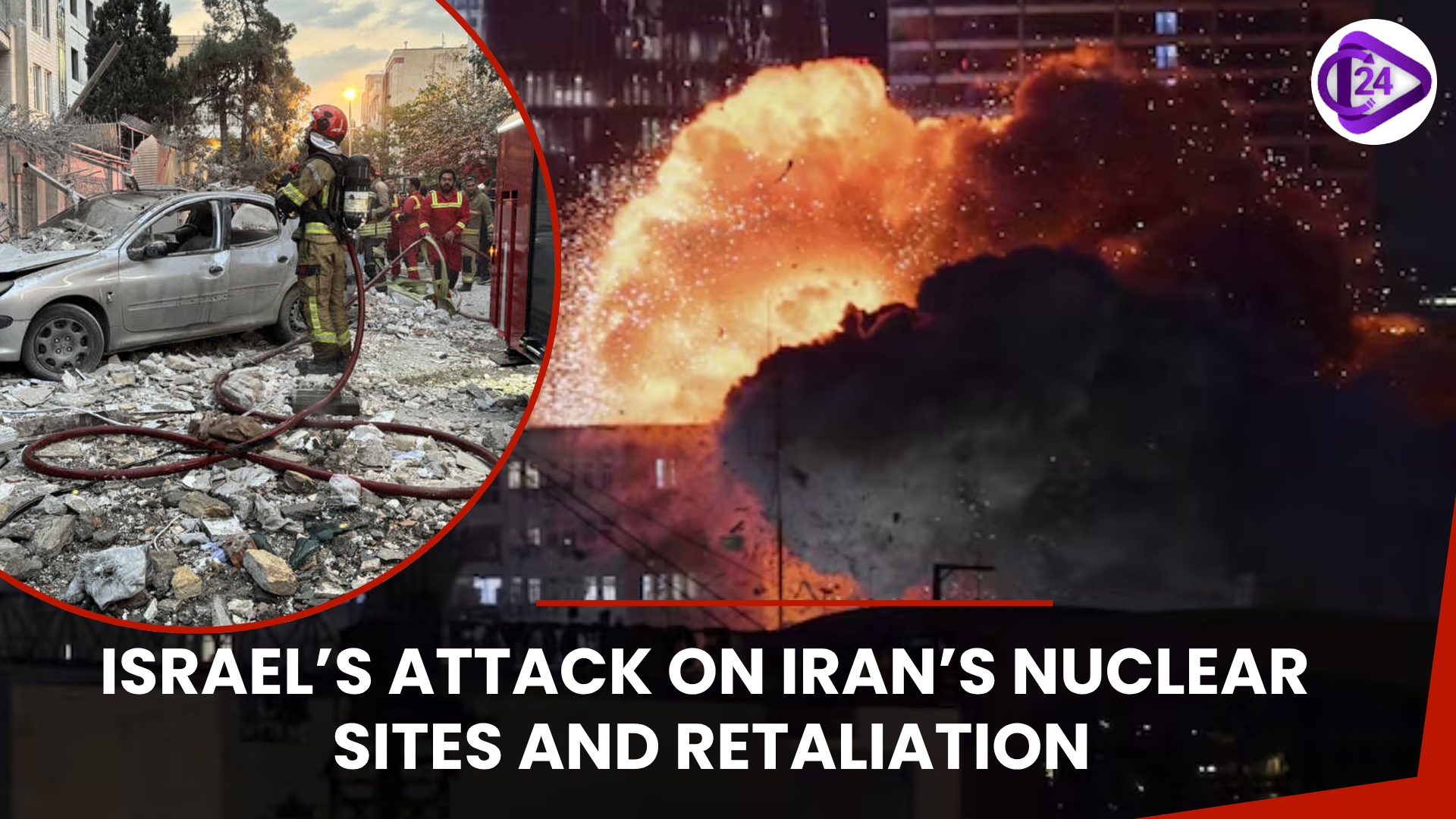 Israel Strikes Iran’s Nuclear Sites, Iran Retaliates with Missile Attacks
Israel Strikes Iran’s Nuclear Sites, Iran Retaliates with Missile Attacks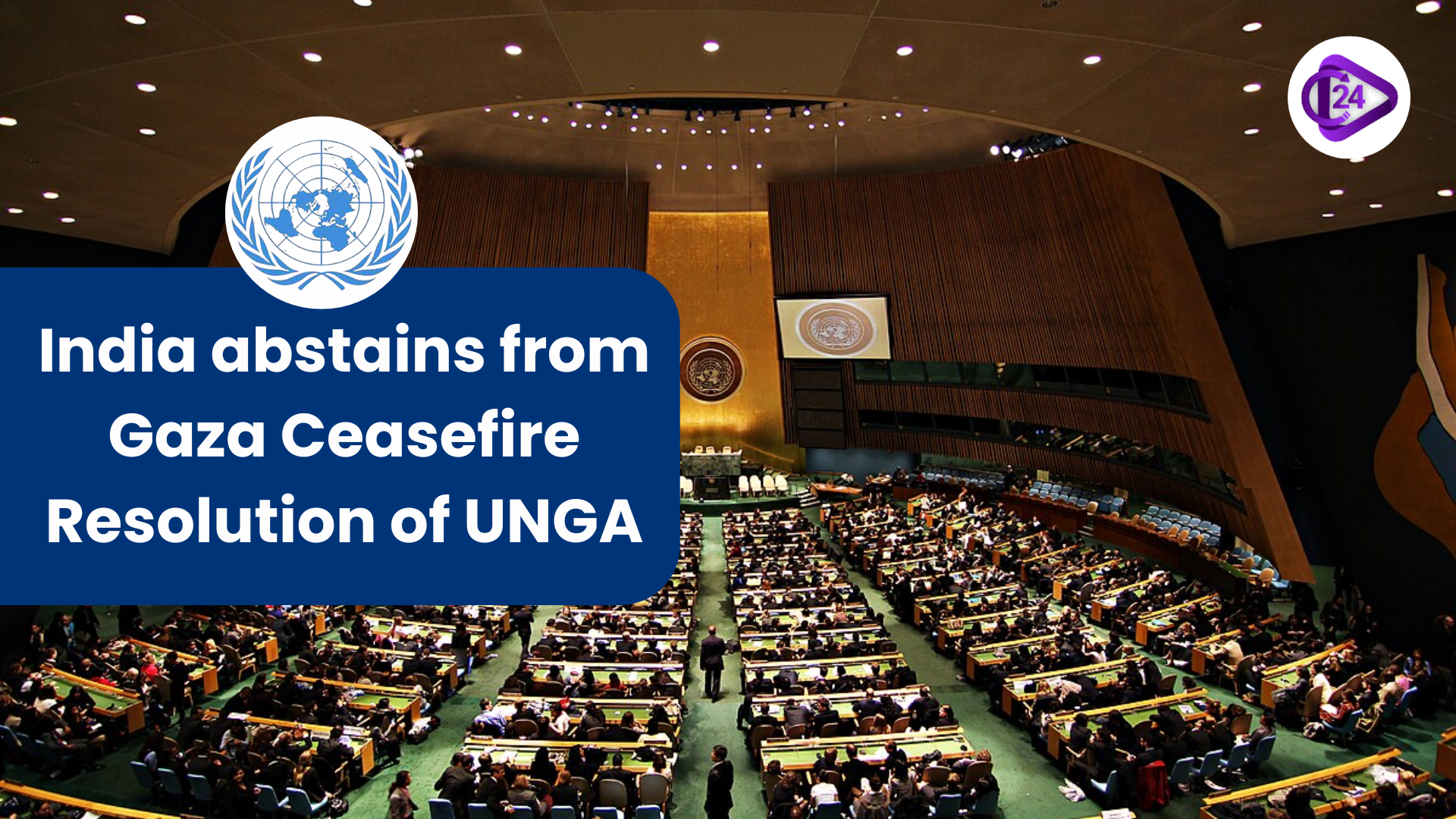 India Abstains from UN Gaza Ceasefire Vote Amid Policy Shift
India Abstains from UN Gaza Ceasefire Vote Amid Policy Shift Lucknow Nominated for UNESCO’s Creative City of Gastronomy
Lucknow Nominated for UNESCO’s Creative City of Gastronomy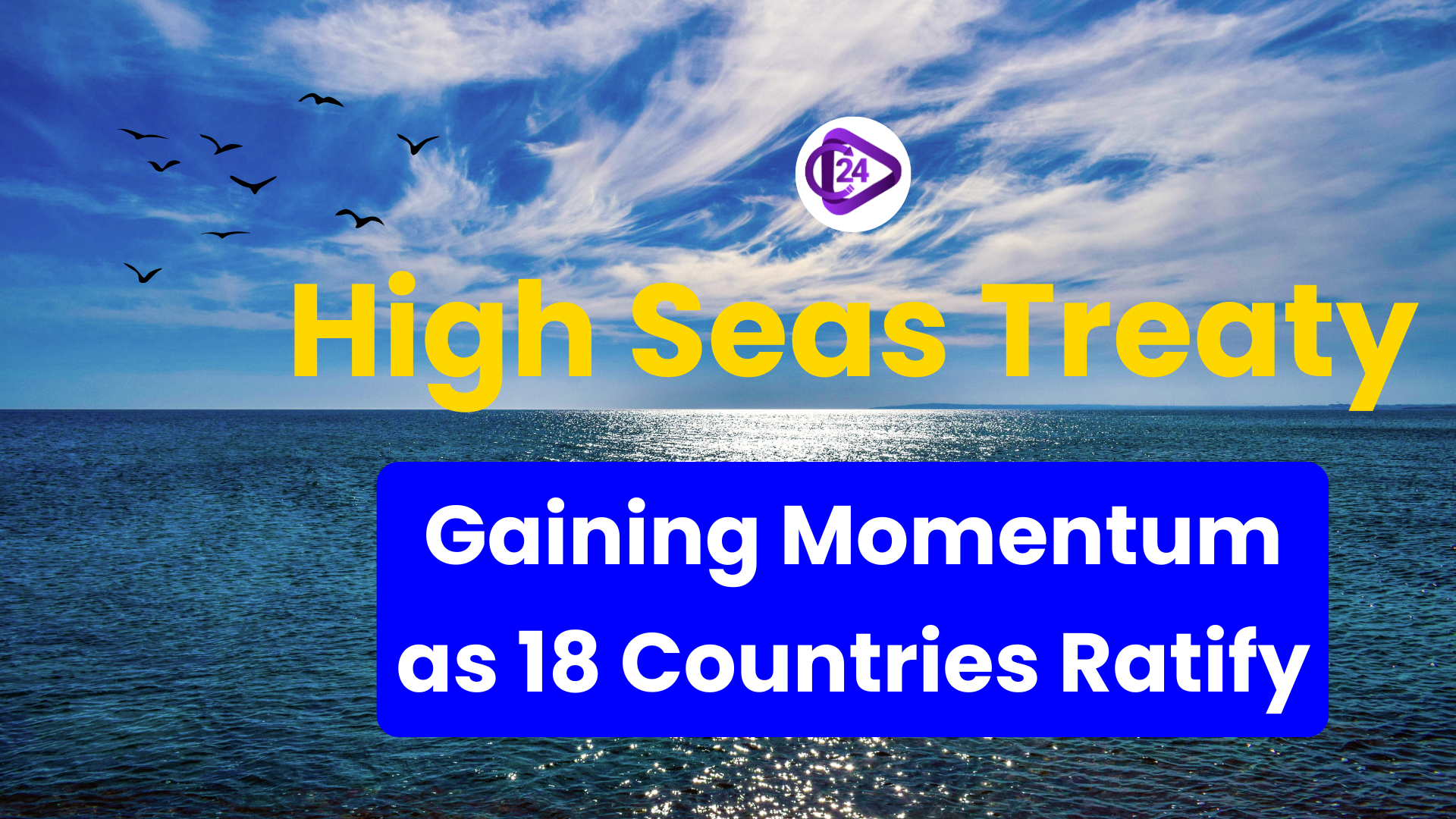 High Seas Treaty Nears Enforcement with 49 Nations Onboard
High Seas Treaty Nears Enforcement with 49 Nations Onboard






